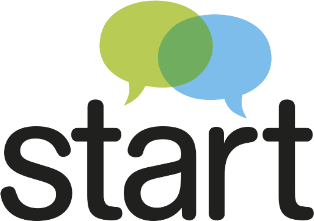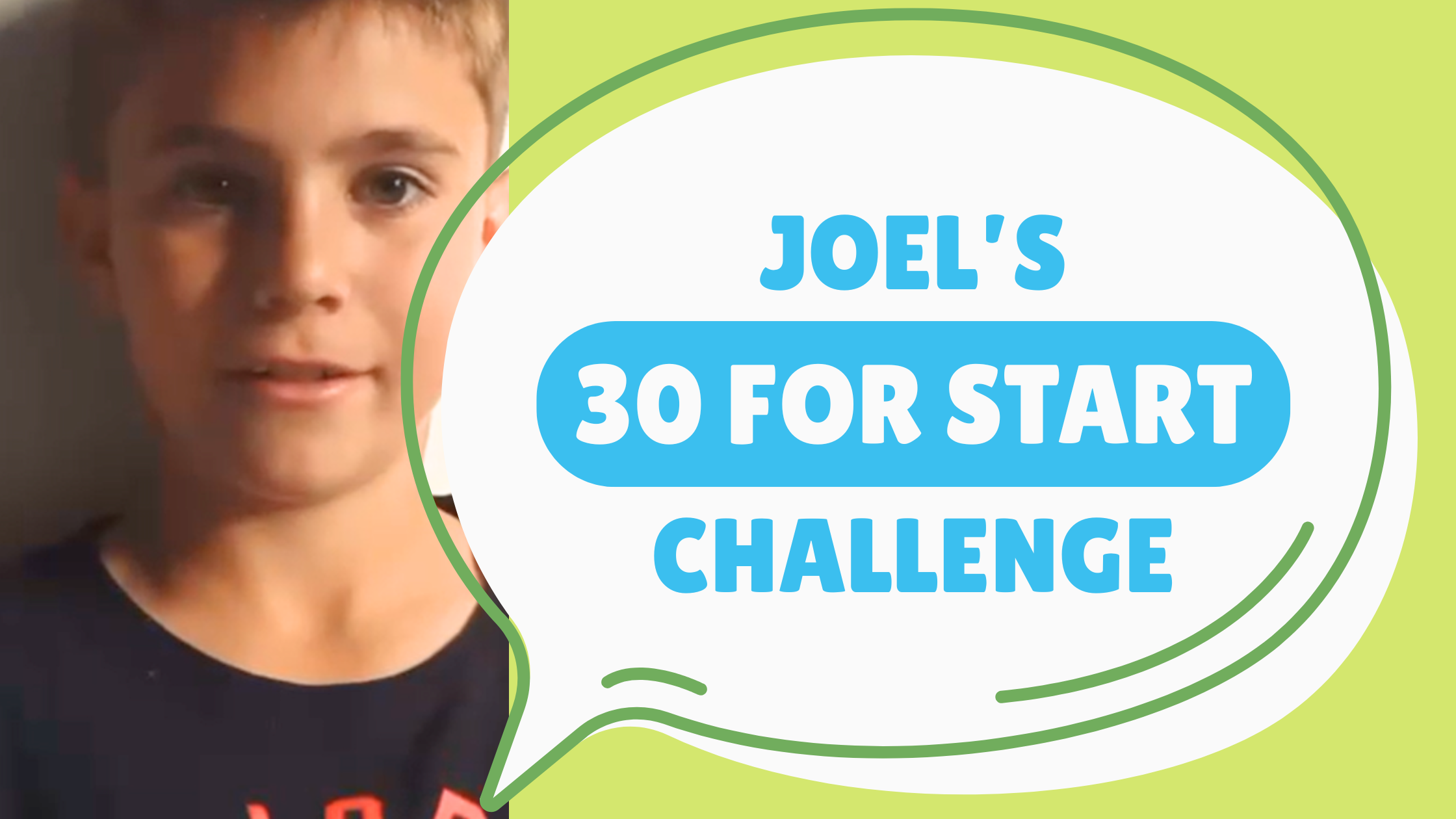The Latest
Everything stuttering and STARTNews and Blog Posts
Running Round the Bays 2026 for START: One Family’s Story
We’re excited to share that START will be entering a team in Round the Bays 2026, and we’re grateful to have David Findlow, father of 21-year-old, Ethan, leading the charge to raise $10,000 for START. START has played a pivotal role in Ethan’s life, and in the life of...
Phyllis’ Creative Contribution to ‘30 for START’
Hello, my name is Phyllis Edwards, and I’m an early childhood teacher who happens to have a stutter. It’s a job I’ve grown to love. I used to worry about reading stories at mat time, but with the support of the children, their families, and my colleagues, along with...
SLT Chris gets a tattoo for START
We’re still enjoying an incredible high after our fundraising achievements last week and the good news keeps coming! This morning, our wonderful speech-language therapist Chris, was LIVE on TVNZ Breakfast getting his tattoo! When we launched the campaign, Chris...
A Lasting Gift for Future Generations
START recently received its first bequest, from June Henderson, who passed away at the end of 2024 at the age of 91. In her will, June requested that the gift be used to support research into, and the development of, therapy approaches for children who stutter. ...
Joel’s ’30 for START’ Challenge
We’re so proud of Joel who has already raised over $1,000 for our ’30 for START’ October fundraising campaign – and he’s still going! In this video, he speaks beautifully about his stuttering journey and why he's taking on the challenge of 100 push-ups and 100 squats...
Seven Sharp Story
On Thursday 2nd October 2025, Janelle Irvine (Executive Director of START), Matt James (person who stutters) and Nikki Hart (STARTs Ambassador) featured on Seven Sharp. Matt, shared his personal experience of living with a stutter - reminding us all that a little...
Working in a corporate environment as a person who stutters
Molly speaks to her lived experience as a person who stutters in a corporate environment.
Breakfast on TV1 with Janelle Irvine and Dean Cook
Janelle and Dean were interviewed on Breakfast to discuss The Genetics of Stuttering Study.
Book Recommendation: Just Ask! Be Different, Be Brave, Be You by Sonia Sotomayor, illustrated by Rafael Lopez
Award winning children’s book Just Ask! Be Different, Be Brave, Be You is a beautifully written and illustrated book reminding us that we’re all unique and our differences are our superpowers – including stuttering! Likening people to flowers – each unique, growing in different ways and needing different things to thrive – this book helps build acceptance and understanding, and normalises the experience of being different.
Annual Reviews
Annual Review 2025
J001504 START Annual Review 2025Download
Annual Review 2024
START Annual Review 2024Download
Annual Review 2023
Annual Review 2022
Annual Review 2021
Annual Review 2020
Annual Review 2019
Annual Review 2018
Research
Supporting research about stuttering is an important part of what we do at START.
Over many years, the START has collaborated with a number of national and international organisations including Australian Stuttering Research Centre (ASRC), University of Technology Sydney (UTS), Murdoch Children’s Research Institute (MCRI) and the New Zealand Coaching and Mentoring Centre (NZMC).
START supports Honours students from Massey University’s Speech Language Therapy Programme and Masters students from the University of Auckland’s Speech Science Programme to complete research into stuttering within New Zealand. Most recently this has involved developing a Teacher Resource – link here
We also support other organisations and individuals in their research, and encourage people who stutter to participate (if interested). Current research projects are listed below:
Current Research Projects:
International perspectives of adults who stutter
Your content goes here. Edit or remove this text inline or in the module Content settings. You can also style every aspect of this content in the module Design settings and even apply custom CSS to this text in the module Advanced settings.
Your Title Goes Here
Your content goes here. Edit or remove this text inline or in the module Content settings. You can also style every aspect of this content in the module Design settings and even apply custom CSS to this text in the module Advanced settings.
We’ve also been involved with:
- Exploring teachers’ attitudes: Knowledge and classroom strategies for children who stutter in New Zealand (2020)
- Anxiety in 11-Year-Old Children Who Stutter: Findings From a Prospective Longitudinal Community Sample (2017)
- Is Mentoring Effective for Adults Who Stutter? (2016). Presented at NZSTA Conference as part of Master’s Thesis.
- The Lidcombe Program of early stuttering intervention: Mothers’ experiences (2010)
- Developing treatment for adolescents who stutter: A phase I trial of the Camperdown Program (2008)
- Stuttering and its treatment in adolescence: The perceptions of people who stutter (2008)
- Extended follow-up of a randomized controlled trial of the Lidcombe Program of Early Stuttering Intervention (2008)
- Randomised controlled trial of the Lidcombe Program of early stuttering intervention (2005)
Let's chat!
If you want to have a kōrero with one of our team about stuttering or explore whether therapy could be beneficial, we're here to help.
You’re not alone in this - our team is here to support you.









